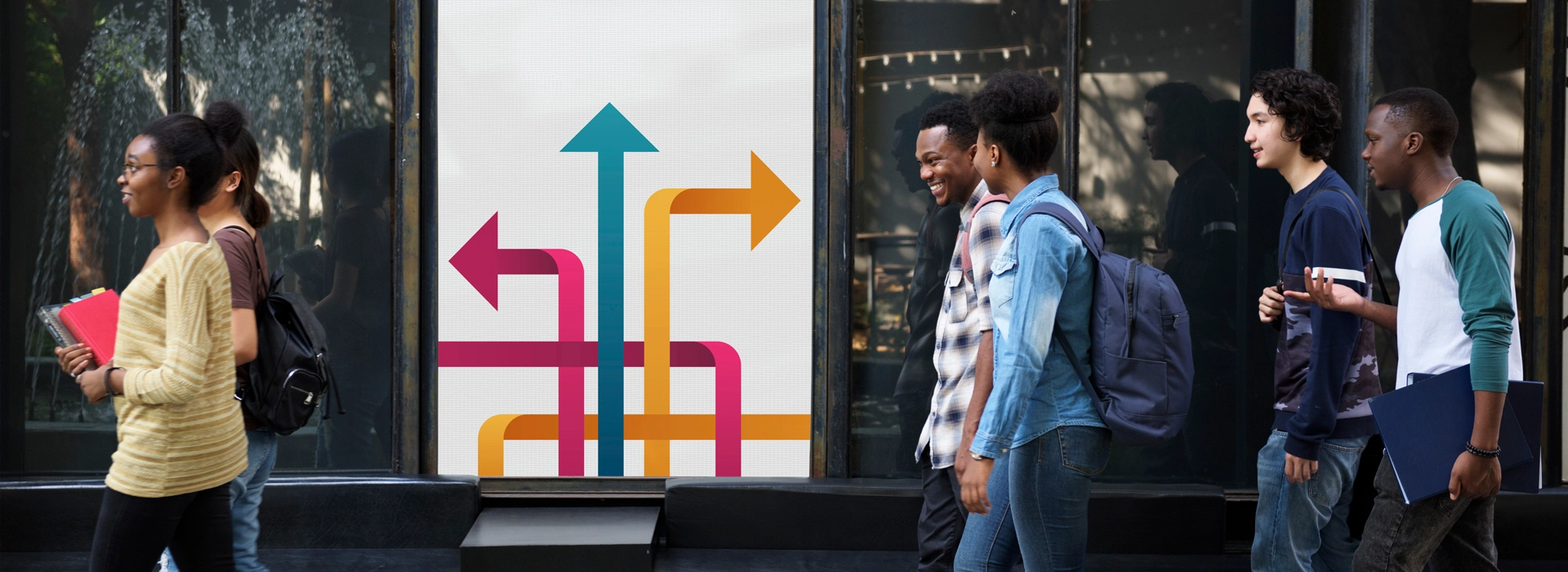Automation
How AI is revolutionizing professions
Modern artificial intelligence is disrupting established economic sectors by enabling the automation of repetitive tasks while improving strategic decision-making through data analysis. In industry, it optimizes manufacturing processes and enables advanced predictive maintenance. In the service sector, it personalizes the customer experience via machine learning and enhances overall operational efficiency. This technological transformation requires a proactive adaptation of professional skills and an evolution of traditional business models.
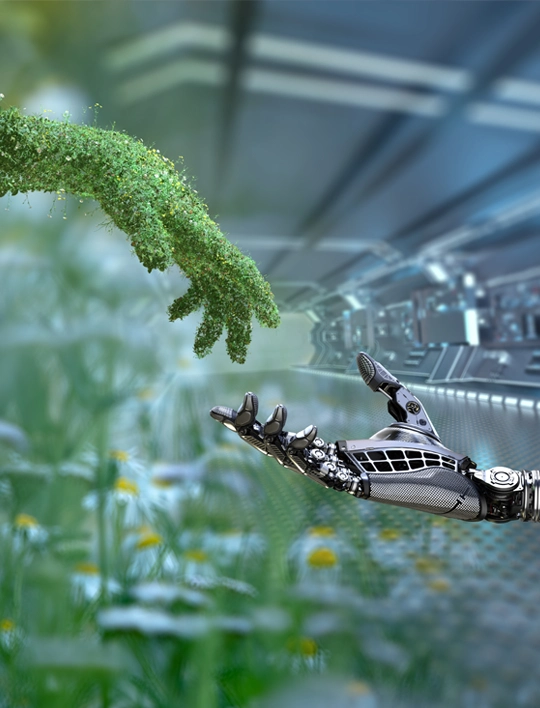
Technology and ecology: forging an alliance for a truly sustainable future
Technological innovation plays a pivotal role in the global ecological transition. The development of renewable energies, the use of recyclable materials, and the deployment of smart storage solutions are redefining industrial production along with sustainable consumption patterns.
Improving your home
The keys to a successful home renovation for a more pleasant and sustainable living environment

Roof renovation
Renovating the roof improves thermal insulation, prevents water infiltration, and increases the property value of your home in the long term.

Window and door replacement
Choosing new windows and doors enhances the energy efficiency of the building envelope and improves the acoustic insulation of your home.

Kitchen remodeling
Rethinking the layout, choosing sustainable materials, and installing energy-efficient appliances will optimize your kitchen space and modernize your daily life.

Bathroom modernization
Updating the bathroom with water-saving fixtures that are also more ergonomic and aesthetically pleasing provides lasting comfort and convenience.

Garden landscaping
Structuring the garden with native plants, creating functional pathways, and designing dedicated relaxation areas creates a harmonious and inviting outdoor space.

Repainting the walls
Refreshing the paint brightens the space, renews the atmosphere, and helps to define a unique style for each room.
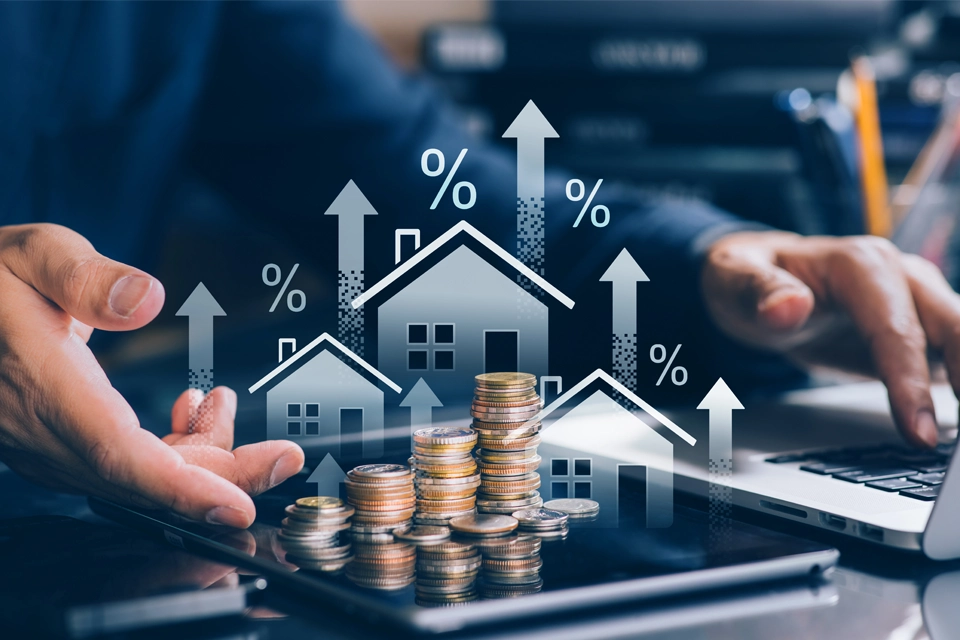
How to grow your wealth through strategic real estate investment?
Investing your capital in real estate is one of the safest strategies for growing your wealth in the long term, offering a hedge against inflation. This type of investment allows for the generation of regular income through rentals, in addition to benefiting from the gradual appreciation of the property ‘s market value. By carefully choosing the location, the type of property, and the rental management method, it becomes possible to optimize profitability while mitigating investment risks. Furthermore, certain local tax incentives offer attractive advantages for those who wish to combine returns with long-term financial security.
Body and mind in harmony
Living well every day through a holistic and balanced lifestyle

A balanced diet
Prioritize nutrient-dense foods and varied meals.

Regular physical activity
Incorporate moderate exercise into your daily routine.

Maintain emotional stability
Practice mindfulness and develop effective stress management techniques.
When culture is reimagined through immersive entertainment
Today's forms of entertainment are pushing the traditional boundaries of culture by blending digital art, interactive technology, and active audience participation. This text is already optimal and well-written. It clearly defines the shift from passive to active consumption using relevant examples. This evolution makes culture more vibrant, inclusive, and accessible, while offering new ways to learn, be moved, and share meaningful collective experiences.
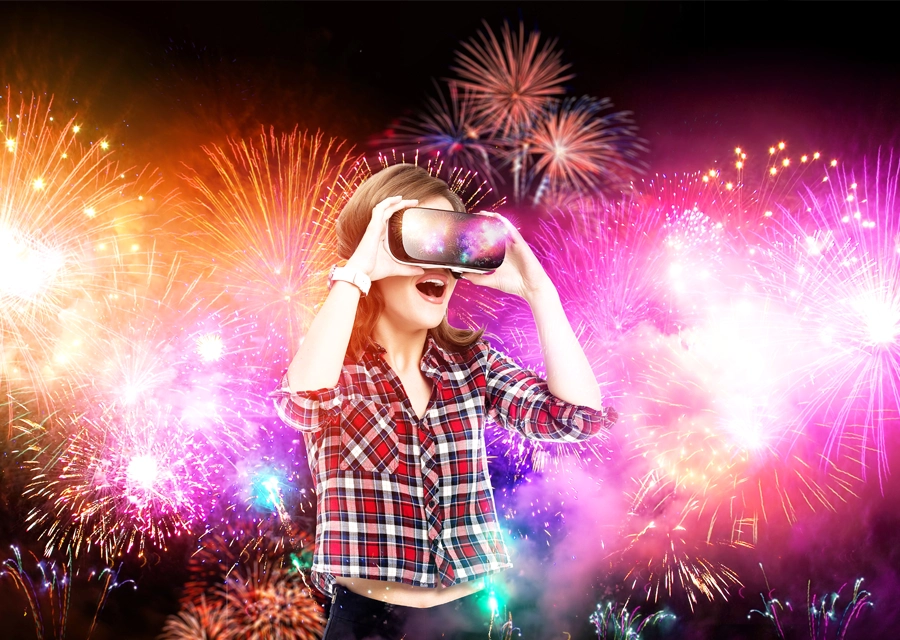
evolution of transportation
The new challenges of urban mobility in the service of a sustainable future
Major urban areas are facing a profound transformation of their transportation systems, driven by pressing environmental concerns and disruptive technological challenges. Innovative mobility solutions—such as self-service bicycles, electric vehicles, carpooling, and micromobility—aim to reduce congestion as well as urban pollution while promoting smoother traffic flow. By rethinking urban space and integrating digital traffic management tools, cities are moving towards a more sustainable model, focused on improving the quality of life and enhancing collective efficiency.
Travel inspirations
Diverse destinations for every traveler profile

Adventure in Patagonia
Between majestic glaciers and imposing mountains, Patagonia promises a wild adventure at the ends of the earth.
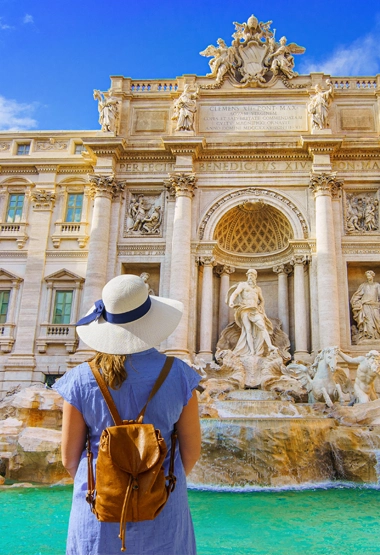
The timeless charm of Rome
The Italian capital enchants with its rich ancient heritage and its vibrant, captivating lifestyle.
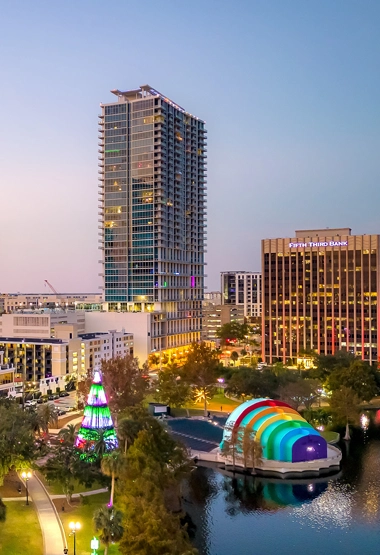
Family fun in Orlando
A paradise of theme parks, Orlando guarantees a family vacation that fosters shared memories, laughter, and magic.

